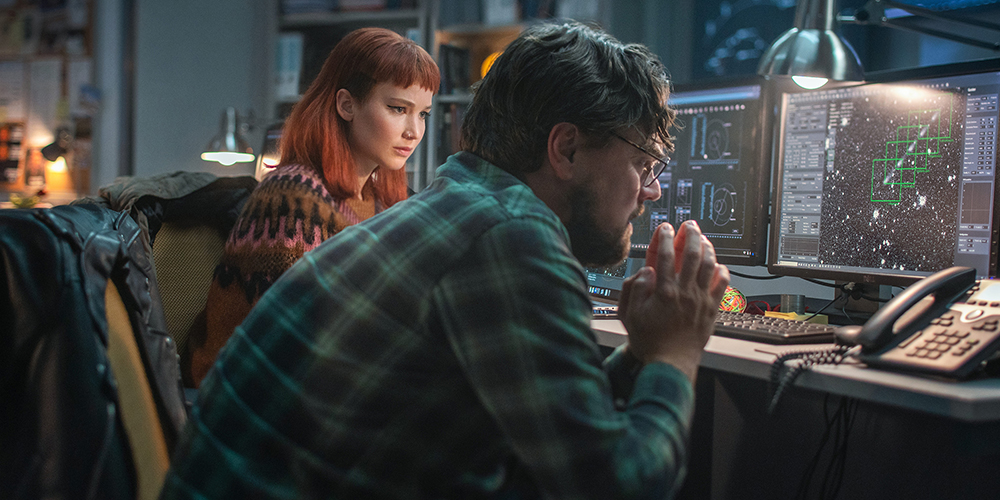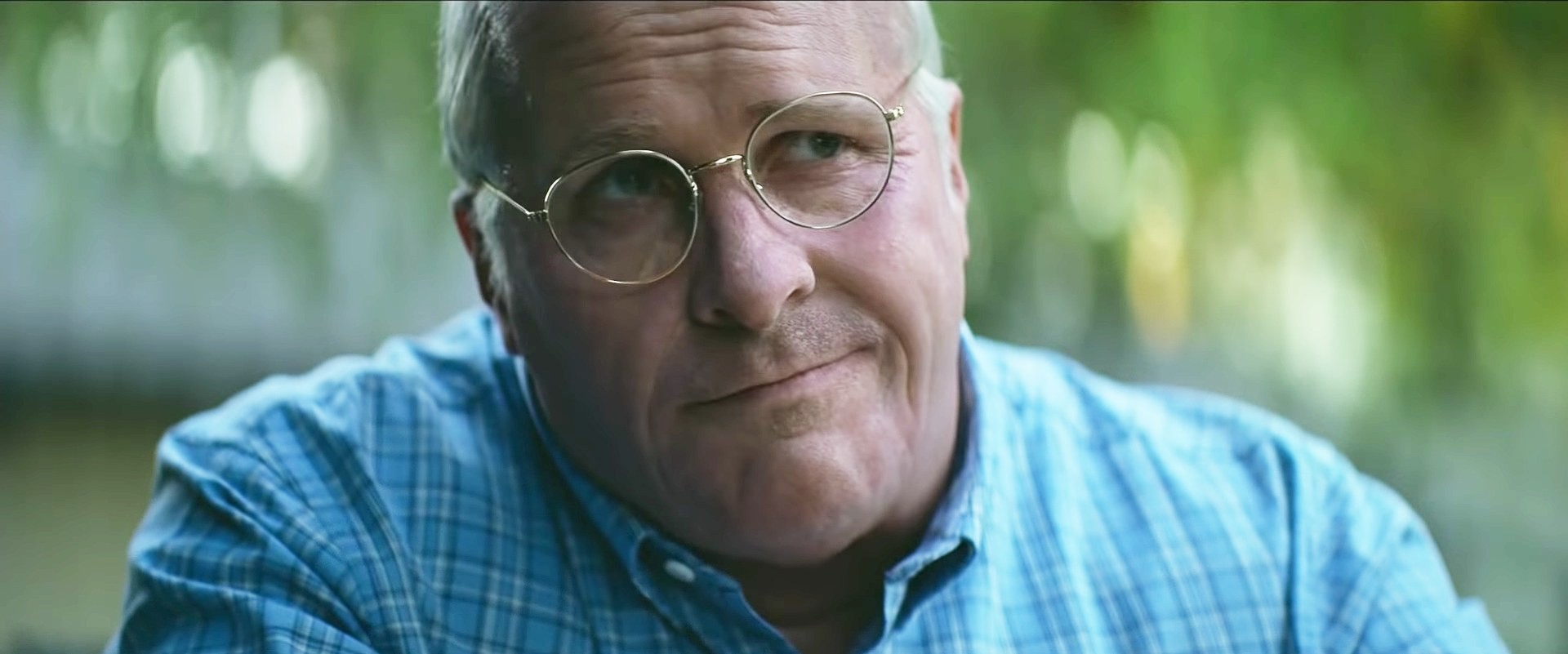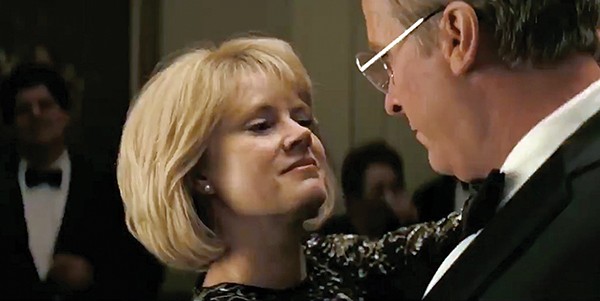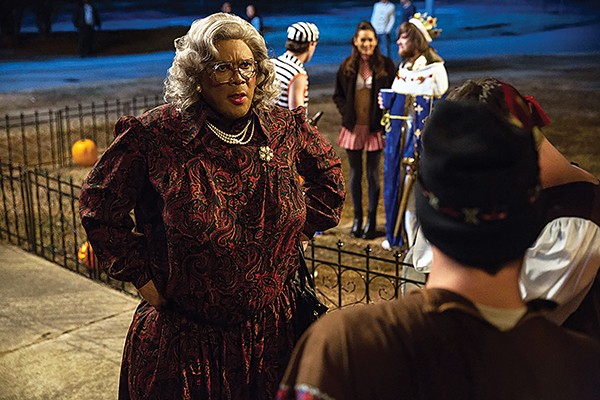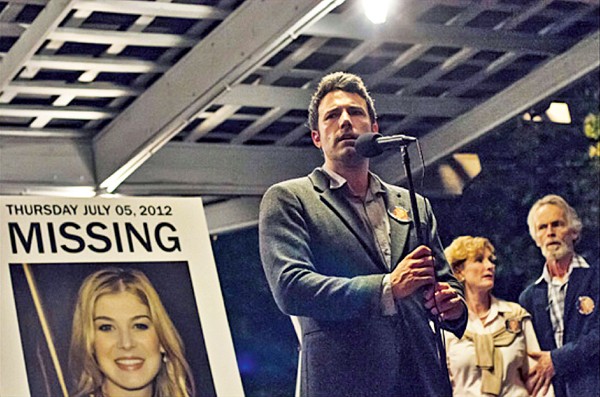When Dr. Strangelove, Stanley Kubrick’s satire of the nuclear age, was released in January 1964, it began with a disclaimer: “It is the stated position of the U.S. Air Force that their safeguards would prevent the occurrence of such events as are depicted in this film.”
As journalist Eric Schlosser discovered while researching his book Command and Control, the disclaimer turned out to be wishful thinking. Dr. Strangelove’s central scenario, in which an American general goes murderously insane and orders his bombers to attack the Soviet Union with nuclear weapons, was completely plausible. Kubrick created what is arguably the greatest comedy ever by simply telling the truth.
The key to Dr. Strangelove’s success is Kubrick’s tonal tightrope walk between the hilarious and the terrifying. Now, with Don’t Look Up, it’s Adam McKay’s turn on the tightrope.
Michigan State University Ph.D. student Kate Dibiasky (Jennifer Lawrence) is studying supernovae when she accidentally discovers a new comet inbound from the Oort cloud. Her adviser Dr. Randall Mindy (Leonardo DiCaprio) figures out that Comet Dibiasky is headed directly for Earth. We’ve got six months to stave off utter destruction.
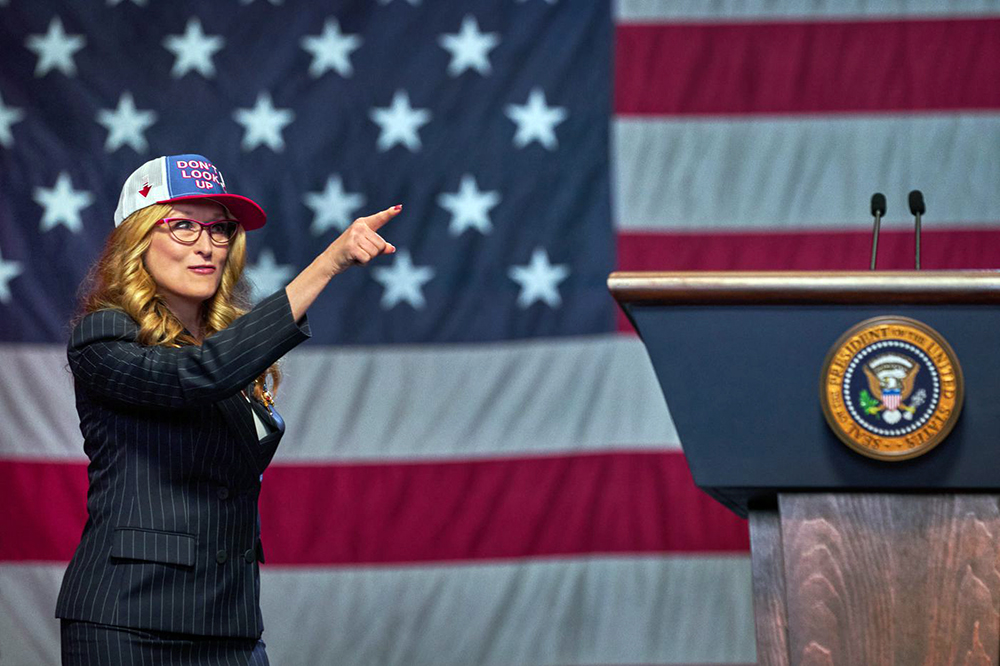
Kate and Randall call Dr. Teddy Oglethorpe (Rob Morgan), head of the Planetary Defense Coordination Office (which, the film notes, is a real thing), and they get a meeting with President Janie Orlean (Meryl Streep). To their dismay, the president and her Jared Kushner-esque son Jason (Jonah Hill) are more concerned with the upcoming midterm elections than with saving humanity. When they leak the news to the press, their appearance on a Good Morning America-type TV show hosted by Cate Blanchett and Tyler Perry is overshadowed by celebrity gossip generated by pop singer Riley’s (Ariana Grande) sex life. The end of civilization is just too big a bummer to get traction in today’s competitive media environment.
It’s obvious to anyone with two brain cells to rub together that Don’t Look Up’s comet is an allegory for global warming. McKay, like Kubrick, has been met with some bad reviews, and it’s true that Don’t Look Up lacks the perfection of Dr. Strangelove. The editing is choppy, and the story veers off into useless romantic subplots.
But what McKay gets right, he gets really right. The earnestness of the scientists trying to save the world becomes their biggest handicap. Legacy admission Ivy Leaguers in government dismiss the threatening discovery because it came from a state school. The elite news media descend on the subject — until the online engagement metrics fade. Most chilling of all is Mark Rylance as Peter Isherwell, a Steve Jobs-like tech billionaire who discovers precious metals on the comet and decides a couple of billion deaths is a small price to pay for propping up his company’s market capitalization.
Don’t Look Up was written before the pandemic, but if anything, the experience of the last two years has made McKay’s point for him; you could replace “comet” with “coronavirus” and the film would still work. When the comet becomes clearly visible in the night sky, Streep’s Trumpian president exhorts her red-hatted followers, “Don’t look up!” I thought about that scene on January 1st, when Memphis set a new high temperature record of 79 degrees. Crazy weather we’re having, huh?
Don’t Look Up is streaming on Netflix.
